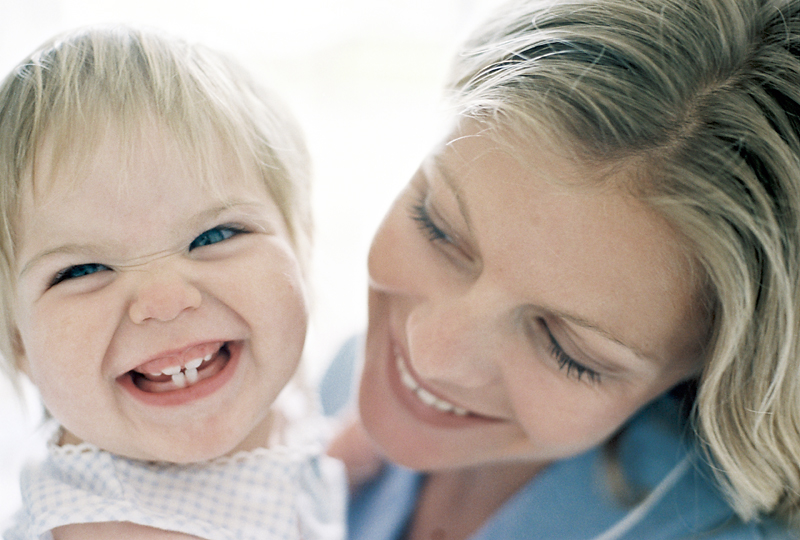On Biting: causes and ways to deal with
Why does it happens
Aggressive behavior is a normal part of your toddler's development. That doesn't mean you should ignore it, of course. Here are a few reasons why children bite:
- Cause and effect: Children at this age are exploring what happens when they do something. They may not realize that biting can hurt others.
- Attention: Biting is quick way to become the center of attention, even if it is negative attention.
- Independence: Biting can be a quick way to get a toy you want, or example, or to make another child leave.
- Frustration: At times, children may resort to hitting, pushing, or biting when they don’t have the ability to talk about their frustration.
- Stress: Biting can be a way to express feelings and relieve tension that results from stressful events such as a divorce, death of a pet, or starting a new preschool.
- Imitation
- Self-defense: Some children bite because other children have bitten them.
What to do
- Keep your cool. Yelling or hitting won't get your kid to hold back his behavior. You may learn him a lesson on how to control his temper when he watches you control yours.
- Try to respond immediately whenever your toddler is aggressive. Remove him from the situation for a brief time-out (just a minute or two is enough).
- Avoid trying to "reason" with your toddler. Toddlers don't possess the cognitive maturity to be able to change their behavior based on verbal reasoning. Better to follow up with logical consequences.
- Help him learn to negotiate with words rather than aggression. Wait a few minutes and then talk with your child about what caused his or her frustration and how he might express his feelings differently in the future.
- Make sure your child understands that he needs to say he's sorry after he lashes out at someone. Eventually he'll acquire the habit of apologizing when he's hurt someone.
- Reward good behavior. Praise children for beginning to learn to share and interact with other children and tell them you're proud of them.
- Provide physical outlets. Give him plenty of unstructured time, preferably outdoors, to let off steam.
What not to do
- Don't listen to your grandmother's advice to teach your child a "lesson" by biting him back. A child this age can't yet see the connection between what he does and what's done to him. What's more, you'll simply send the message that it's okay to sink your teeth into someone
- Don't feel embarrassed in public. And don't let your embarrassment cause you to take the situation lightly. As much as possible, respond to each episode the way you did last time.
- Don't expand TV time. Try to monitor which programs your kid watches. Watch TV with him and talk to him about situations that arise.
- Don't be afraid to seek help. If your child seems to behave aggressively more often than not, if he seems to frighten or upset other children, or if your efforts to curb his behavior have little effect, talk to your child's doctor, who may in turn recommend a counselor or child psychologist.

Articles
2356
Home Visit Service
Your Baby checkup
Is my child developing normally?
what are the vaccinations that he should have taken until now?
Generate a report for my baby.
what are the vaccinations that he should have taken until now?
Generate a report for my baby.
Birthdate *
Track Your Baby Vaccinations
Receive reminders by email for the Vaccination timing
Find Your Baby name
Visit our Clinics
Mohandessin
Address
View Map
21 Batal Ahmed Abdel Aziz St, 3rd floor
Telephones
01002195777
01000012400
0233048350
Beverly Hills
Address
View Map
Beverly Hills, Building 29 services, behind Super Market Al Mokhtar, floor 1.
Telephones
01000012900
0238576831
El Tagamo3
Address
View Map
Elegantry Mall, Unit 221
Telephones
01000012800
01000884592
Al Sheikh Zayed
Address
View Map
Al Sheikh Zayed - Entrance 2,Downtown Mall - In-front of Spectra ,First Floor - Clinic 113
Telephones
02- 38514031
01000608597
Please enter your e-mail


